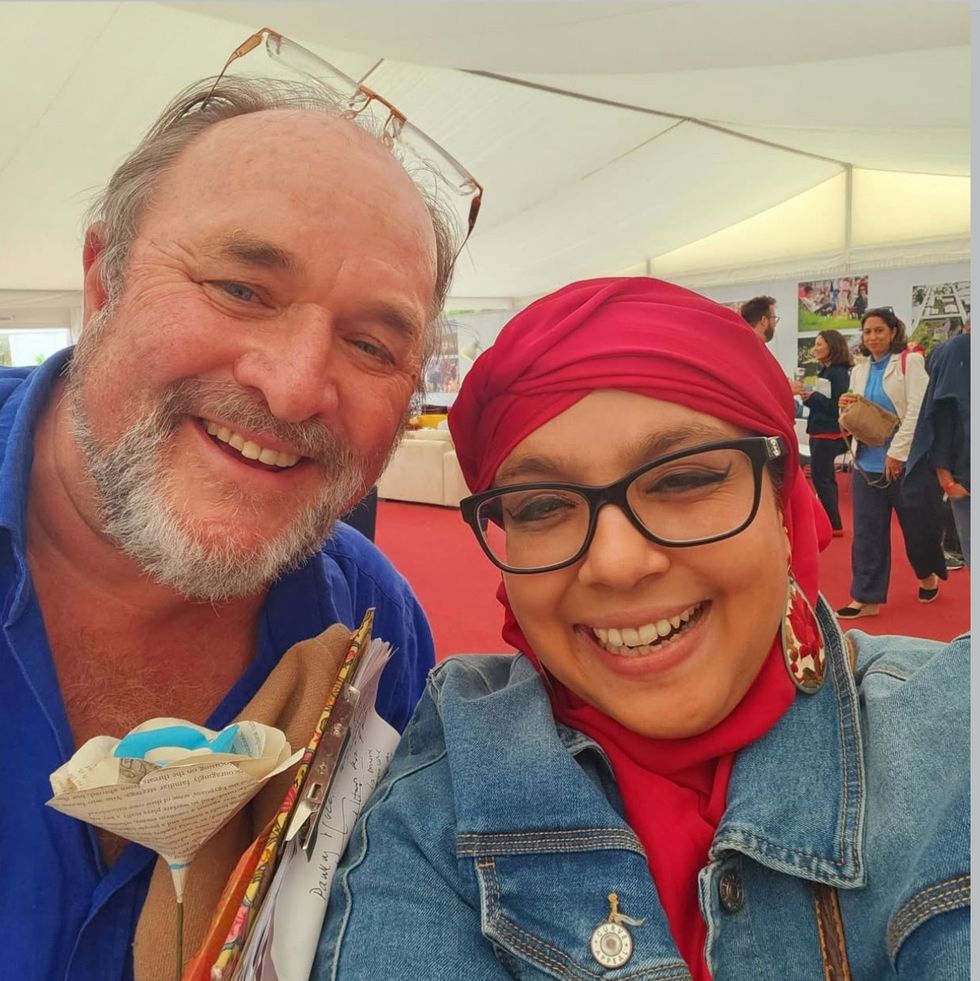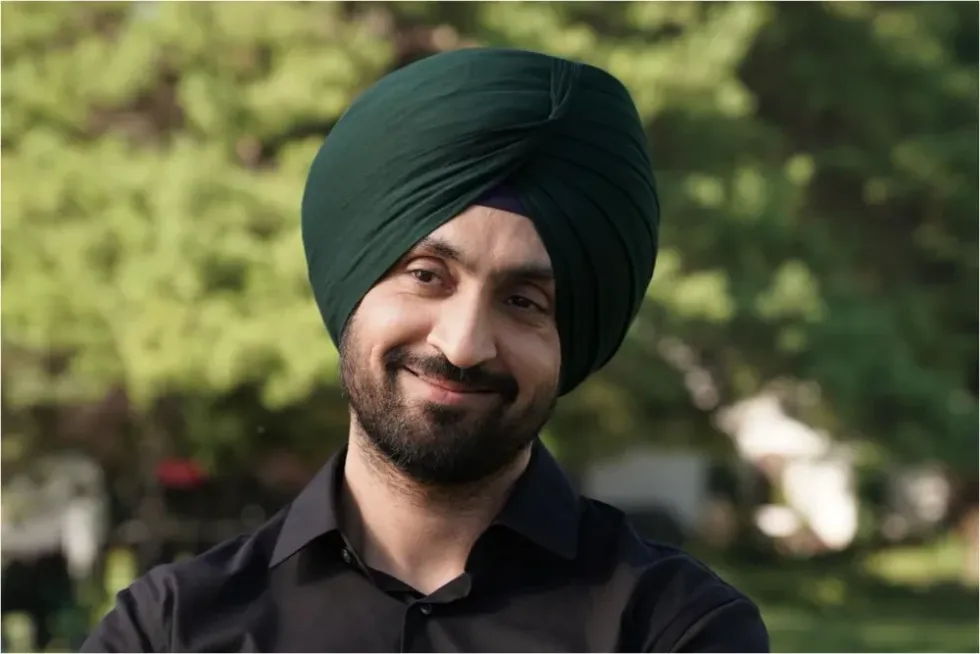by MITA MISTRY
MINDFULNESS is widely accepted in all walks of life globally and even more so during the pandemic. I’ve witnessed it help everyone, from domestic violence survivors, NHS staff and doctors to businesses and local communities, in coping with stress, anxiety and trauma. As lockdown eases, it will continue to be a priority for many to help tackle mental health problems and prevent burnout from a new way of living.
Many have learnt about self-care and what it tr- uly means to show self-kindness, to deal with inner difficulties. And let’s face it, nobody is immune to mental health issues or feeling low and stressed. But it’s not just the individual who benefits from practising mindfulness, there is a collective win.
You see, compassion is a natural side effect of mindfulness: once you fill your own cup with love and kindness, you feel whole like nothing is lacking. And you can fully accept where you are in life, which gives you a greater capacity to access a deeper strength within. Interestingly, you wish others well and hope they can feel contentment too. It’s exciting that more people are practising mindfulness because as they care for themselves better, it has a rippling effect on wider communities. So, we can expect to see more acts of altruism and compassion in the future.
Can we be more compassionate every day? The simple answer is yes. Start by checking in with yourself. The best way to learn compassion towards others is to show it to yourself. It’s not easy to master, but it’s entirely possible. Notice your self-talk. Is it kind? Praise yourself for small successes, focus on your strengths instead of weaknesses and forgive yourself for mistakes.
If someone is feeling down, sometimes a little encouragement can trigger positive behaviour in that person. Try highlighting their strengths or expressing your belief in them, and their talents. Offer comfort and support, let them know you’ll be there even during the toughest times. A listening ear can make a massive difference when someone is going through difficulty. It’s important to let the other person express themselves without imposing your opinion or trying to fix their problem. And one of the best ways of connecting is by showing your emotions. For example, it’s okay to cry and it can be incredibly healing.
Giving kindness freely without expectation can spread in unimaginable ways. Not only does the person you are being kind to benefit, but it will uplift you too. Often people can feel harshly judged just by one look, so try softening your gaze and looking at everyone equally through the eyes of compassion.
But how do you develop compassion for those who don’t want your help? Sometimes, it’s best to respect their privacy. Offer your support to show you care. And if they choose to confide in you, be a trustworthy confidante and ensure it’s not gossiped about.
Compassion is about paying attention to the present moment with a kind attitude. Try considering your words. They can build someone up or tear them down. Perhaps think before speaking and remember sometimes no words are needed. Turning off your phone during a conversation can also go a long way.
Showing compassion can make a world of difference. Can you give compassion today to someone who needs it?
www.mitamistry.co.uk






 LONDON, ENGLAND - JUNE 22: Baroness Floella Benjamin speaks during the unveiling of the National Windrush Monument at Waterloo Station on June 22, 2022 in London, England. The photograph in the background is by Howard Grey. (Photo by John Sibley - WPA Pool/Getty Images)
LONDON, ENGLAND - JUNE 22: Baroness Floella Benjamin speaks during the unveiling of the National Windrush Monument at Waterloo Station on June 22, 2022 in London, England. The photograph in the background is by Howard Grey. (Photo by John Sibley - WPA Pool/Getty Images)









 Ed Sheeran and Arijit Singh
Ed Sheeran and Arijit Singh Aziz Ansari’s Hollywood comedy ‘Good Fortune’
Aziz Ansari’s Hollywood comedy ‘Good Fortune’ Punjabi cinema’s power-packed star cast returns in ‘Sarbala Ji’
Punjabi cinema’s power-packed star cast returns in ‘Sarbala Ji’ Mahira Khan
Mahira Khan ‘Housefull 5’ proves Bollywood is trolling its own audience
‘Housefull 5’ proves Bollywood is trolling its own audience Brilliant indie film ‘Chidiya’
Brilliant indie film ‘Chidiya’  John Abraham
John Abraham Hina Khan and her long-term partner Rocky Jaiswal
Hina Khan and her long-term partner Rocky Jaiswal  Shanaya Kapoor's troubled debut
Shanaya Kapoor's troubled debut Sana Yousuf
Sana Yousuf



 Shraddha Jain
Shraddha Jain Arundhati Roy
Arundhati Roy William Dalrymple and Onjali Q Rauf
William Dalrymple and Onjali Q Rauf Ravie Dubey and Sargun Mehta
Ravie Dubey and Sargun Mehta Money Back Guarantee
Money Back Guarantee Homebound
Homebound Guru Dutt in Chaudhvin Ka Chand
Guru Dutt in Chaudhvin Ka Chand Sarita Choudhury
Sarita Choudhury Detective Sherdi
Detective Sherdi